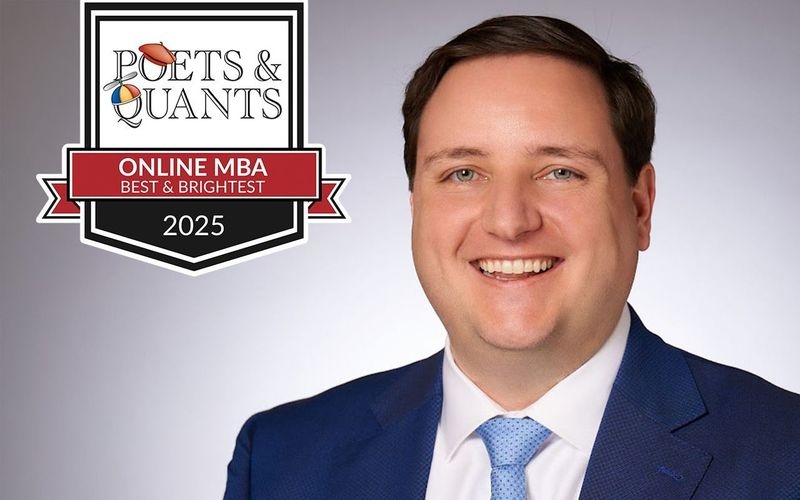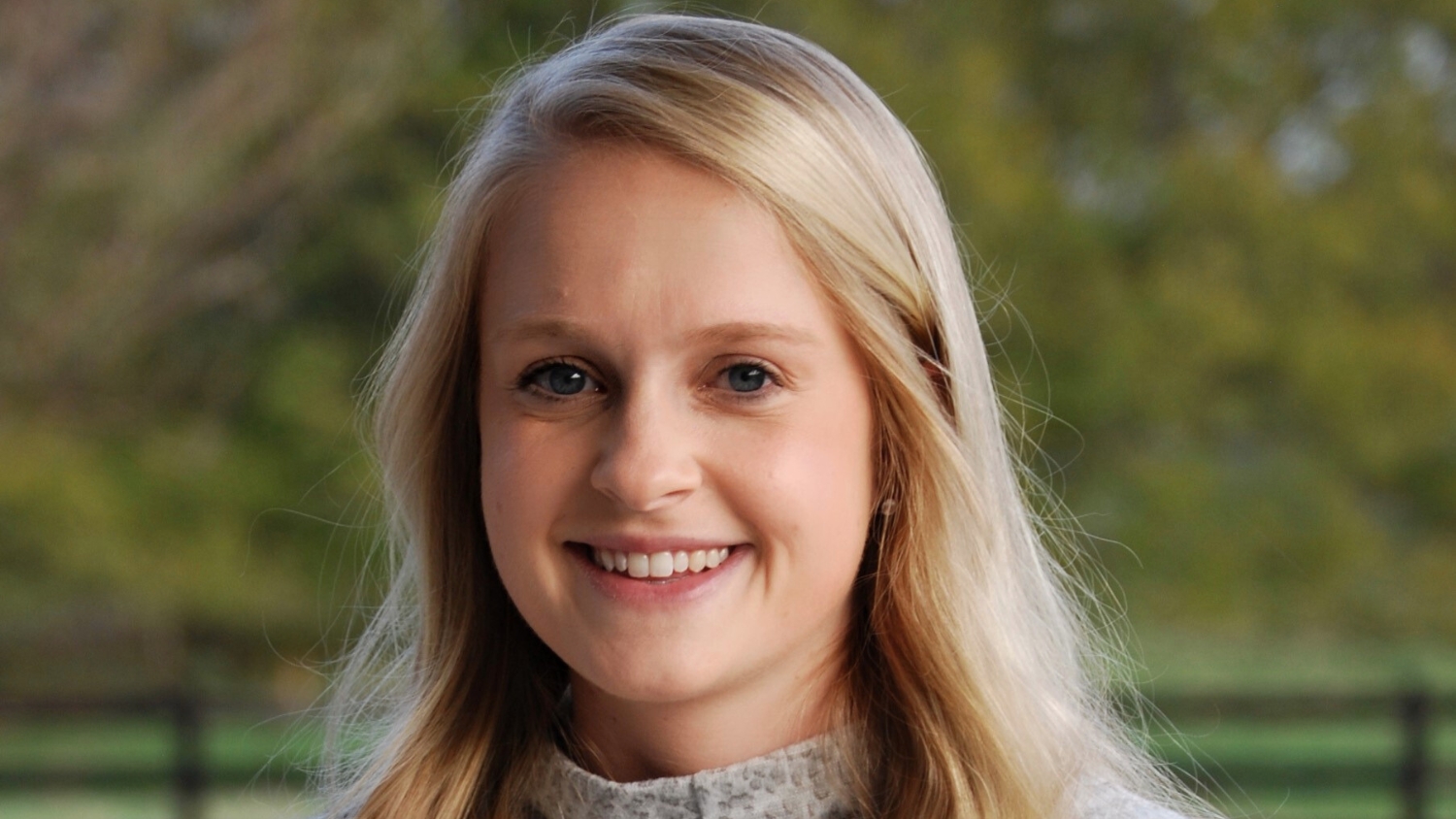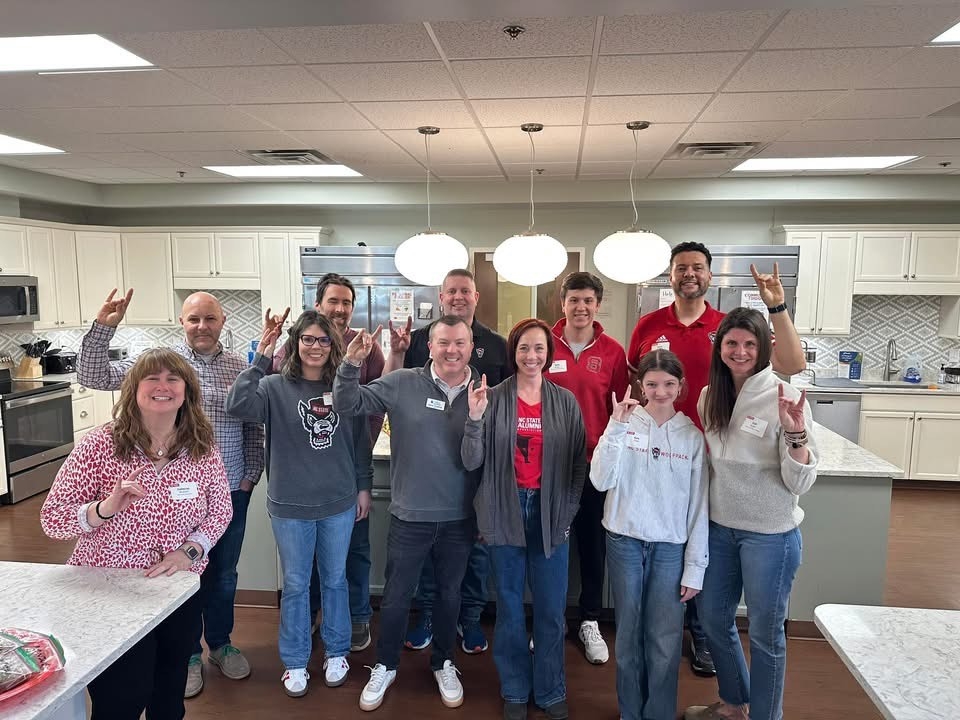Poole Students Lend a Hand to NC Pandemic Recovery Office

As a community committed to addressing the world’s greatest challenges, Poole College is committed to providing students with valuable, hands-on experiences. So when the North Carolina Pandemic Recovery Office (NCPRO) reached out to Poole accounting professor Dr. Al Chen about an opportunity for his accounting students to serve the state of North Carolina, he jumped.
This semester, nine Poole students participated in an internal auditing practicum project with the NCPRO, conducting audits of Coronavirus Relief Fund recipients and allowing the NCPRO to expand its reach.
The state of North Carolina has found NC State to be a helpful partner so many times – and we were eager to continue that partnership.
“The state of North Carolina has found NC State to be a helpful partner so many times – and we were eager to continue that partnership,” says Stephanie McGarrah, executive director of the NCPRO.
Tasked with managing the $3.6 billion of Coronavirus Relief Funds allotted to the state of North Carolina by the federal government, the NCPRO administers funds awarded by the General Assembly to various entities in need – including hospitals, nonprofit organizations, state agencies, local governments, small businesses, universities and community colleges.
“So many people were impacted by this pandemic – businesses have closed, children have gone hungry and people have lost jobs. So we exist to ensure these funds are used by each entity in an appropriate manner, to their best purpose, and in line with state and federal requirements. It’s a responsibility we take very seriously,” McGarrah says.
A Win-Win Solution
Responsible for overseeing audits for more than 490 direct recipients and more than 10,000 beneficiaries and subrecipients, NCPRO’s internal auditing and compliance director Lisa Outlaw recognized the small office needed additional help.
It brought her back to 2013 when she worked with the North Carolina Division of Employment Security (DES). In need of additional resources, Outlaw reached out to Chen and launched an internal auditing practicum with 30 Poole students.
Faced with a similar situation, and remembering the previous project’s success, Outlaw turned to Poole College once again. She spoke to Chen’s ACC451 class, explaining what governmental auditors do and why they’re needed – and got nine students involved.
“This practicum not only allows students to gain one-of-a-kind auditing experience and see whether internal auditing is a potential career path for them, but it also provides a valuable service to our state,” she says.
Harnessing Talent for Good
For Outlaw, who has worked for the state of North Carolina for more than 26 years, auditing allows her to use her skills to impact the local community.
“At the start of the pandemic, I was working with the federal government – but when I saw the pandemic’s impact, I offered my services to the NCPRO,” Outlaw explains. “I wanted to use my talents to help North Carolina recover.”
Poole accounting student Meghan Barefoot, like Outlaw, views the accounting profession as a way to serve others. So when she heard about the opportunity with NCPRO, she was eager to participate.
“I chose to study accounting because I have an analytical mind and have always enjoyed working with numbers – and to use my skills to help people,” Barefoot says. “So I knew helping North Carolina through this practicum experience would be rewarding.”
A Mission to Think and Do
For Barefoot, the practicum was also an opportunity to connect what she was learning in the classroom to something real and meaningful.
“It’s one thing to watch a lecture and read a textbook – but to actually perform the things you’re exposed to in class is where the real learning comes in. Dr. Chen tied the concepts that we were learning in class to our work with NCPRO, so we were making these connections simultaneously,” Barefoot explains.
“I also got to hear testimonies along the way about how different North Carolina communities benefited from this funding. This was so rewarding to see,” she continues.
A Unique Opportunity – And a Unique Service
Unlike other internships, Outlaw designed the practicum project to involve each student in an audit engagement process for a NCPRO recipient – from beginning to end. Each participant was tasked with planning, executing and drafting an audit report for their assigned entity.
To ensure the use of relief funds was compliant with federal and state laws, students interviewed entities, gathered evidence, performed test procedures and documented their work.
According to Chen, this type of exposure to the audit engagement process is unparalleled.
“In internships at firms, students generally handle only a part of the audit engagement process, but Lisa has built something that’s much more dynamic,” Chen explains. “Students gain knowledge of the entire audit process, which is very impressive to recruiters.”
Each week, Outlaw and another senior auditor joined students’ virtual meetings with entities – monitoring the interviews and creating opportunities to mentor students.
“Their work has been phenomenal,” Outlaw says. “They have gotten done in a month and a half’s time what would have taken our staff up to a year. The audit plan is getting accomplished rapidly and with great quality.”
Strengthening One Another
While each student had the benefit of performing an individual audit, they also learned to help one another along the way.
“The beauty of the program is that students work in lockstep, managing the projects together and reviewing the work of their peers. They’re bringing together their different strengths to enhance one another’s audits,” Outlaw explains.
Now, as students complete a draft audit report of any findings and make recommendations for improvement, they’re supporting entities to use future funds even more effectively.
“Our practicum allows students to build their network, put an eye-catching element on their resume, grow in their professional skills and discern whether they want to explore this career path in the future. These are things money cannot buy,” Chen says. “But more than that, we celebrate this opportunity to serve the state. These relief funds are precious – and our practicum ensures that they are put to use effectively to support those in need.”
- Categories:


